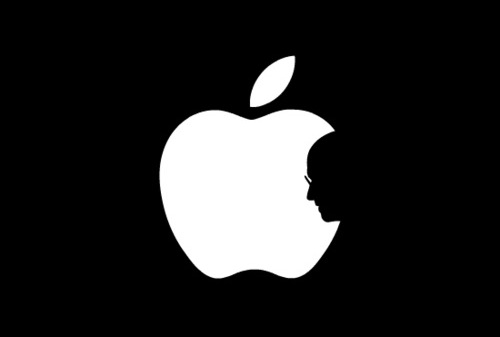Every Friday we round up media & tech industry news you may have missed while you were busy conspiring to convince Bill Keller of his significance.
First, some housekeeping. At a recent lunch, I may have been caught on tape making statements which were in no way representative of AAN or its values. AAN refutes those statements in the strongest terms, and I sincerely apologize to the organization for my imprudence.
I do not consider Tea Party members as “seriously racist, racist people” as has been reported. I consider Tea Party members as seriously ignorant, misinformed people whose feelings of economic insecurity cause them to behave in ways that can possibly be described as racist.
Further, AAN would like to distance itself from the statement that it would be “better off in the long run without federal funding.” AAN’s official position is that the association will gladly accept the federal funding that NPR will eventually lose because of its cowardly inability to defend statements made by its executives in ostensibly private situations.
In other news . . .
On Monday it was reported that AOL closed its acquisition of Huffington Post, creating a media combo that, according to Arianna, has “over 70 percent more unique visitors” than Bill Keller’s New York Times:
With the acquisition, AOL is buying into the new publishing model that the Huffington Post represents. [AOL CEO Tim] Armstrong has said that the the driving factors behind the deal is how well the Huffington Post fits into the content platform he is trying to build, particularly around women, influencers, and local (his 80-80-80 strategy).
Apparently not part of that strategy, were the hundreds of AOL employees who received layoff notices yesterday, including 200 editorial staffers. AOL’s operations in India also took a huge hit.
* * *
AOL-owned TechCrunch recently implemented Facebook’s comment plug-in which requires readers to use their Facebook login to leave comments on the site, making it more difficult to leave anonymous comments. The result? Less “trollish nonsense” and less overall comments, but also a change in tone:
But the other interesting thing we’re seeing is that whereas trollish garbage used to infest the comment section, now we’re seeing almost the opposite. Many people are now leaving comments that gush about the subject of the article in an overly sycophantic way. It’s quite odd. The cold pricklies have turned to warm fuzzies.
Of course, neither is ideal. But nausea-inducing kindness is certainly better than rage-inducing assholeishness/jackassery.
Slate‘s Farhad Manjoo reveals himself as a sympathizer of nausea-inducing kindness, arguing that while people have the right to anonymity during many online activities, commenting on a story is not one of them:
Posting a comment is a public act. You’re responding to an author who made his identity known, and your purpose, in posting the comment, is to inform the world of your point of view. If you want to do something so public, you are naturally ceding some measure of your privacy. If you’re not happy with that trade, don’t take part—keep your views to yourself.
* * *
In another reminder that playing SEO tricks with our overlords at Google is a bad idea, Nieman J-Lab tackles the topic of paid links and how using them improperly is like playing with fire:
Google frowns on paid links and similar practices as violations of its Webmaster Guidelines, and says that the practice “can negatively impact your site’s ranking in search results.” It demotes sites not only for placing purchased links, but also for “excessive reciprocal links or excessive link exchanging” and for “buying and selling links that pass PageRank.” In other words, you can lose Google Juice not only for buying the links, but for publishing them.
And by “negatively impact your site’s ranking,” Google really means to say, “We’ll make your website disappear from the entire internet.”
* * *
Also released this week was The Like Log Study, a guiltily fascinating analysis of which news articles get the most “Likes” on Facebook. Among the findings, it pays to “put significant effort in your top stories” since just “one story per day can capture 70-80% of your audience reactions.”
And another finding from the study, maybe Leonard Brody was on to something when he told AAN’s web conference attendees that we all behave like adolescents online.
Linking Out
Going to (or already at) SXSW? Don’t miss AAN-pal Amy Webb’s list of “80+ Can’t Miss Things To See & Do.”
How do you rebrand yourself as a forward-thinking media company that’s in tune with the under-65 crowd? Naturally, with a 100-page document explaining how to use the new company logo.
Do news organizations understand the “job” consumers have “hired” them to do?
This Week’s Daily Deals Entrant: AT&T
Can You Re-Copyright Works That Fall Into Public Domain?
And finally, we’ll end this week’s Keller-inspired roundup with an ode to oxpecking: Josh Sternberg’s Why Curation Is Important to the Future of Journalism.










